Congratulations to Sophmore Laell Sands! (November 2025)
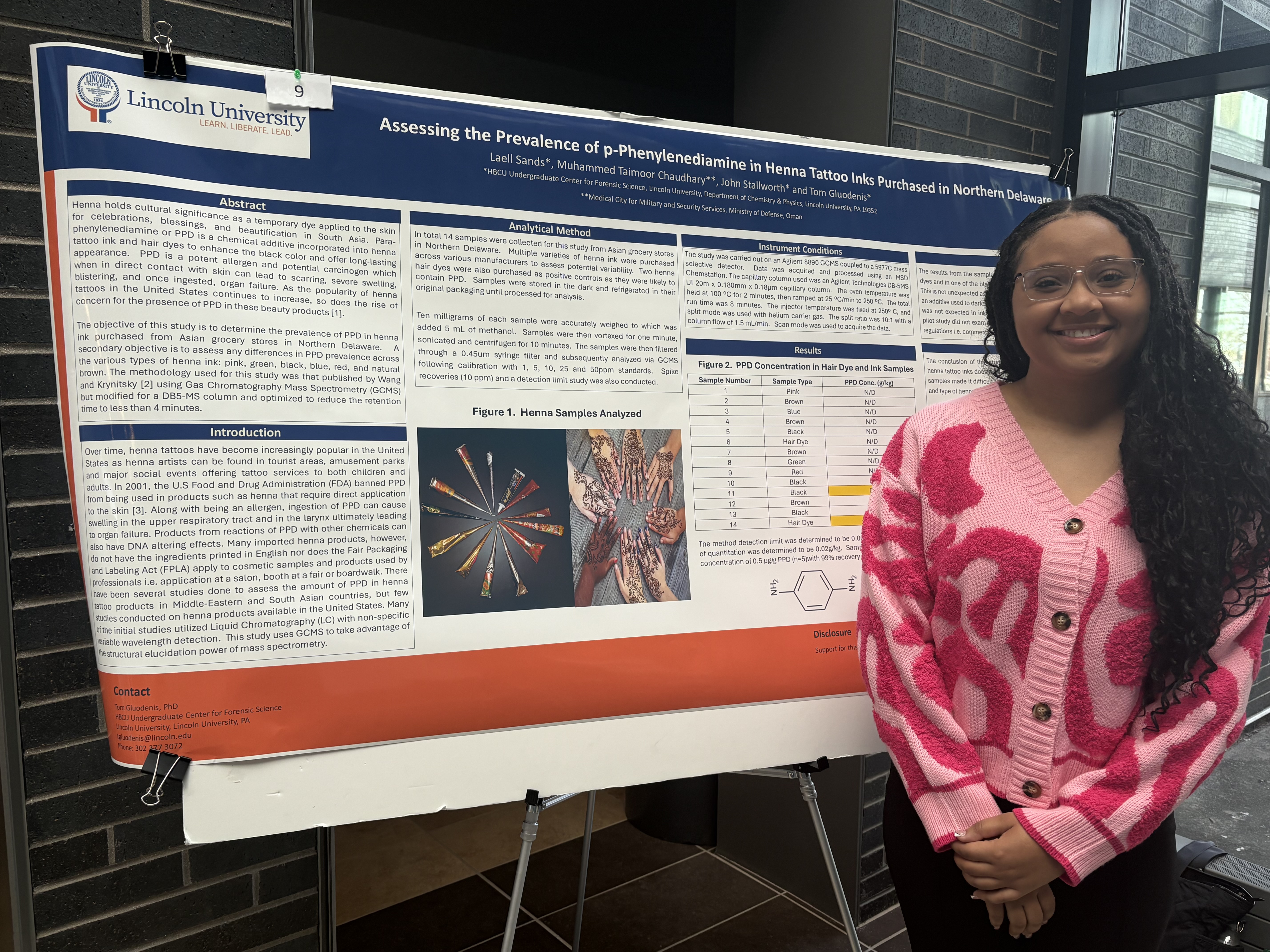
Laell Sands was awarded first place in the 29th Annual Lincoln University Science Fair for her work on "Assessing the Prevelance of p-Phenyldiamine in Henna Tattoo Inks". A great warm-up as Laell will be travelling to New Orleans in February to present her work at the Young Forensic Scientists Poster Session during this year's national meeting of the American Academy of Forensic Sciences. Congratulations on a job well done!!
Lincoln University Students Attend 2025 Annual Meeting of the Northeastern Association of Forensic Scientists (NEAFS) (November 2025)
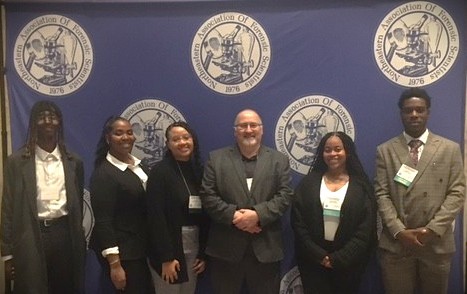
Students spent the day visiting the exhibit hall, attending scientific sessions, viewing posters, and speaking with practicing forensic scientists. They also attended a networking lunch with Carrie Barron, Director of Operations at the Center for Forensic Science Research and Education (CFSRE), learning about summer internship opportunities.
Learn More About Lincoln University's Forensic Science Program at the Upcoming Fall Open House (Oct & Nov 2025)
Fall Open House is your opportunity to experience Lincoln University, up close and personal! As a Future Lion, you will connect with Lincoln staff, meet your future faculty and hear from future peers, while also learning about academics, housing, student life and more!
Lincoln University Awarded $450K From the PA Department of Education to Promote Forensic Science Education (May 2025)
The PAsmart Grant builds and expands upon the investments made in forensic science education by the National Science Foundation (NSF) to bring new equipment and hands-on collaborative lab experiences to Lincoln University students. In cooperation with the Center for Forensic Science Research and Education (CFSRE), four on-line self-paced learning modules will be developed covering the foundations of forensic toxicology, drug chemistry, forensic biology/DNA analysis and trace analysis. These will be made available free of charge to students across the state of PA. Successful completion of these modules will be followed by an exclusive 2-week hands-on opportunity for students of Lincoln University to work side by side with forensic scientists performing sample analysis on state of the art instrumentation just as if they were processing actual case samples.
Congratulations Xavia Pough! The First Graduate From the Lincoln University HBCU Undergraduate Center for Forensic Science (May 2025)
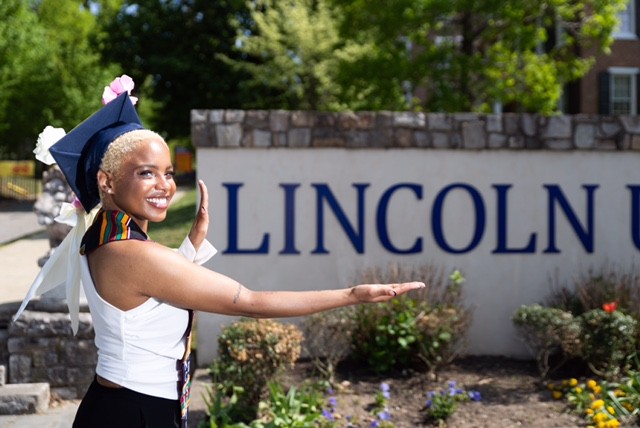
Xavia graduated with her B.S. in Chemistry/Forensic Science Concentration at the commencement ceremony held on the Lincoln University Campus. She has subsequently entered the MS Program in Forensic Toxicology at Thomas Jefferson University. This unique program is designed to position students for advancement and professional development in the specific field of forensic toxicology.
Lincoln University Students Attend National Meeting of the American Academy of Forensic Sciences - AAFS (February 2025)
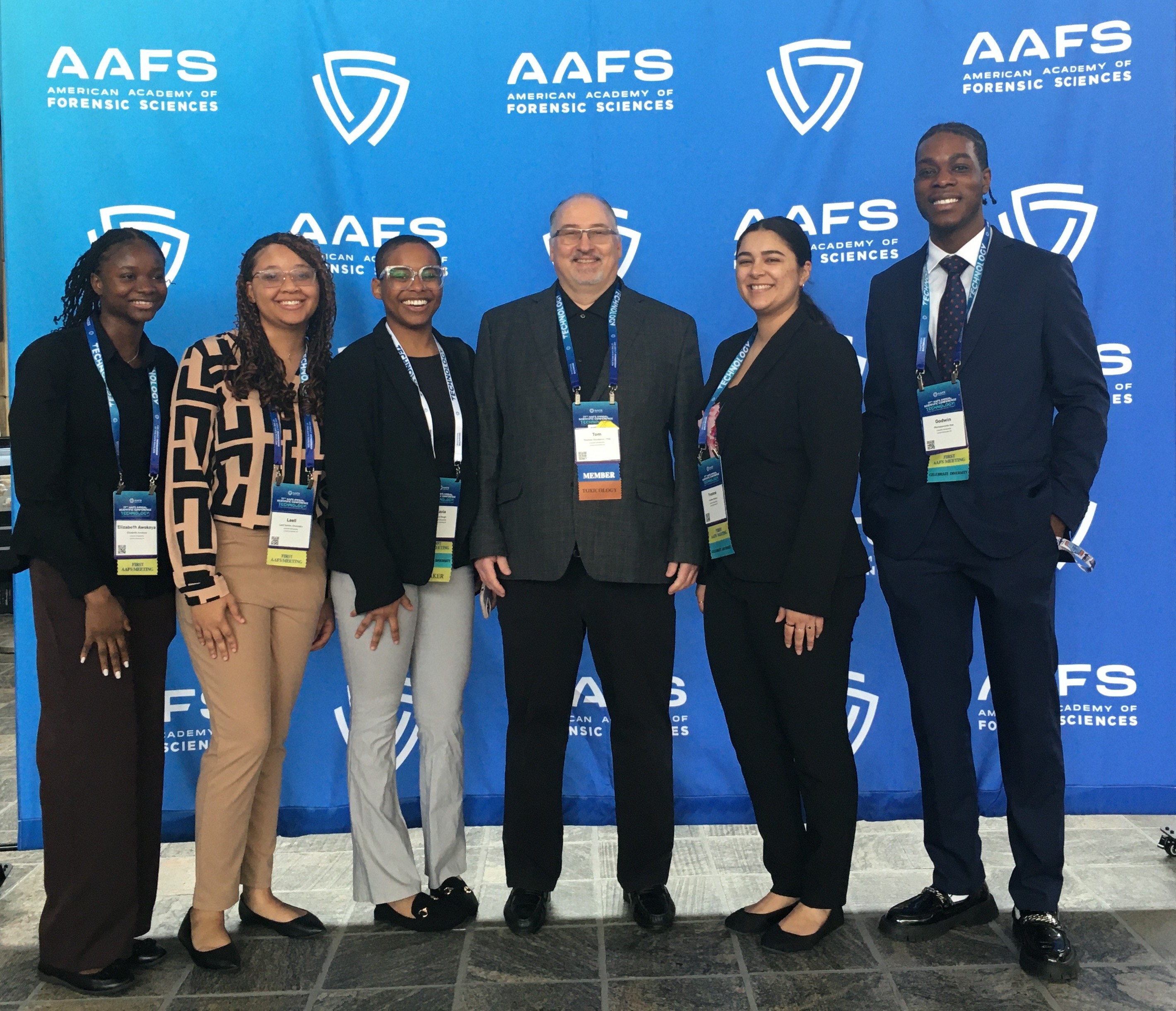
Students from Lincoln University attended the 77th Annual American Academy of Forensic Sciences (AAFS) Conference in Baltimore, MD. This year's meeting was themed "Technology: A Tool for Transformation or Tyranny?" Pictured from left to right are Elizabeth Awokoya, Laell Sands, Xavia Pough, Prof. Tom Gluodenis, Yvonne Ramos, and Godwin Ase. Lincoln Senior Xavia Pough had the honor of presenting a poster based on her summer research project entitled Profiling Heavy Metals in Kratom Powder Purchased in Southeastern Pennsylvania and Southern New Jersey where she shared her findings with forensic scientists from around the world.
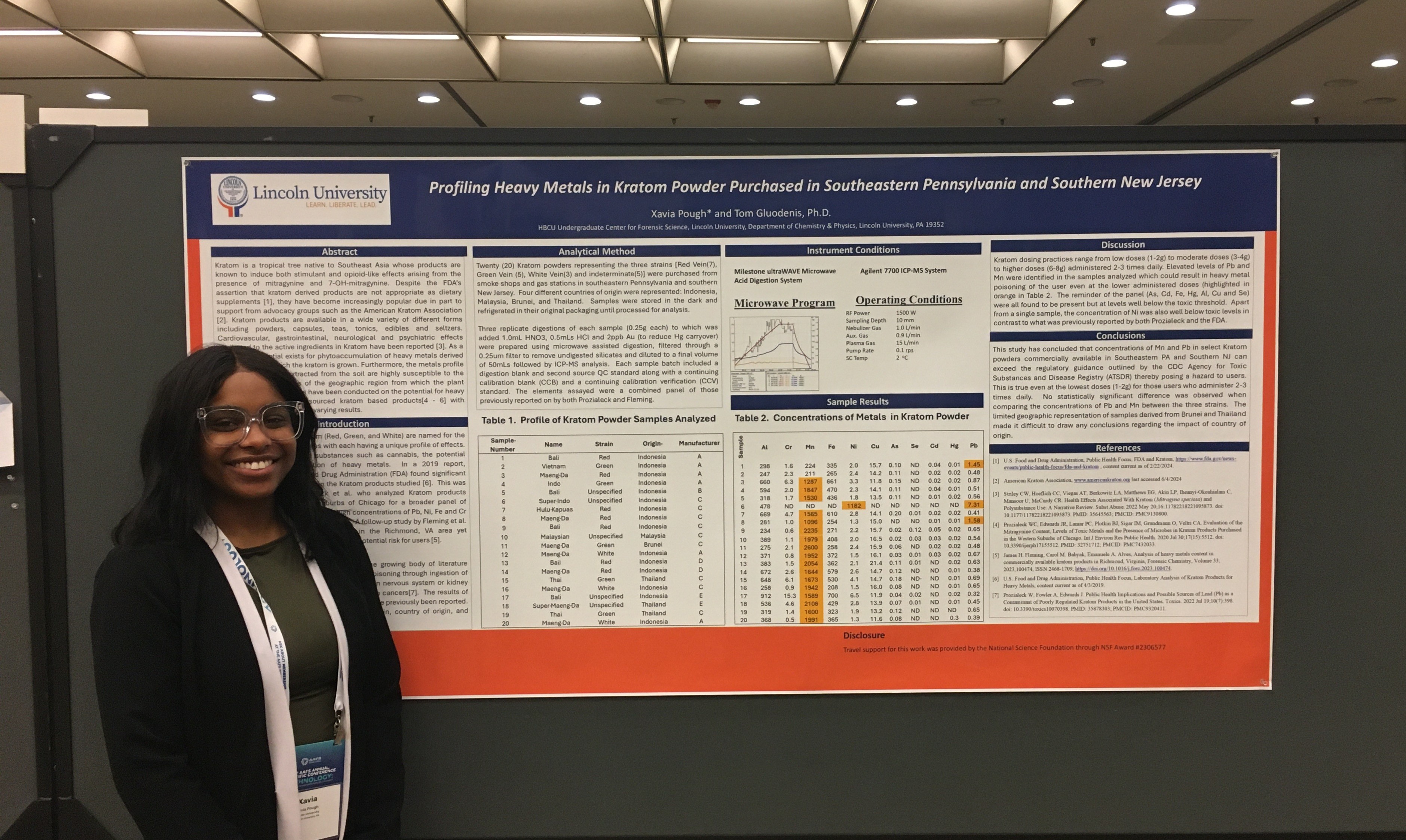
Lincoln University Student Presents Scientific Results at the Annual Meeting of the Society of Forensic Toxicologists - SOFT (October 2024)
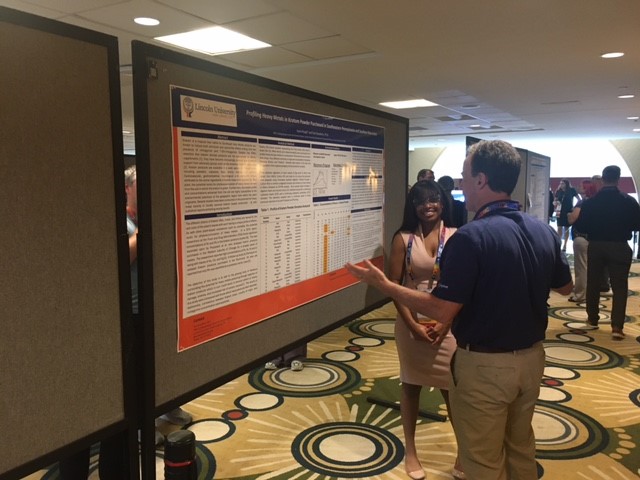
Senior Xavia Pough, accompanied by her research advisor Prof. Tom Gluodenis, attended this year's annual SOFT meeting in St. Louis, MO to present her research on Profiling Heavy Metals in Kratom Powder Purchased in Southeastern Pennsylvania and Southern New Jersey. While in attendance she began building her professional network by meeting with forensic toxicologists around the country as she prepares for the next step in her professional career. Xavia also had the opportunity to attend the President's banquet on the closing night on the conference.
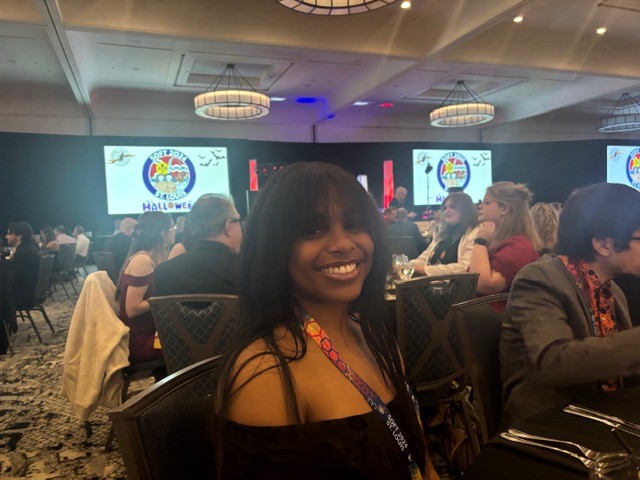
Lincoln University Student Shadows Forensic Toxicologists at MD State Police (October 2024)
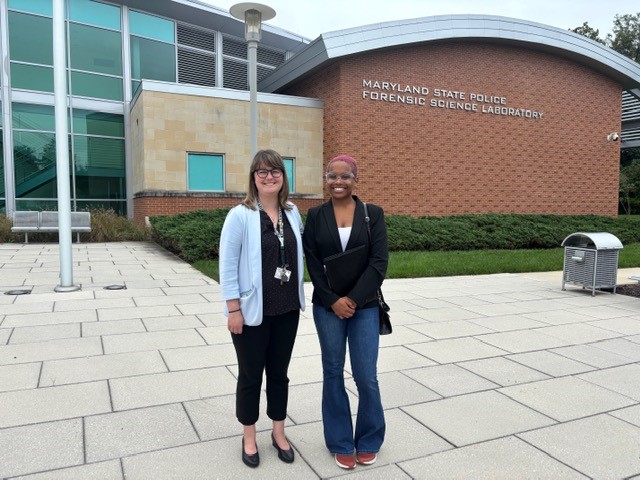
Senior Xavia Pough spend the day at the Maryland State Police Forensic Science Laboratory along with students from the University of MD, Baltimore shadowing Chief Toxicologist Dr. Haley Mulder learning all about blood alcohol measurements from the field to the laboratory. Pictured above from left to right are Dr. Haley Mulder and Xavia Pough.
2024 National Forensic Science Week Presentation: Forensic Science and Its Vital Contribution to Public Safety (September 2024)
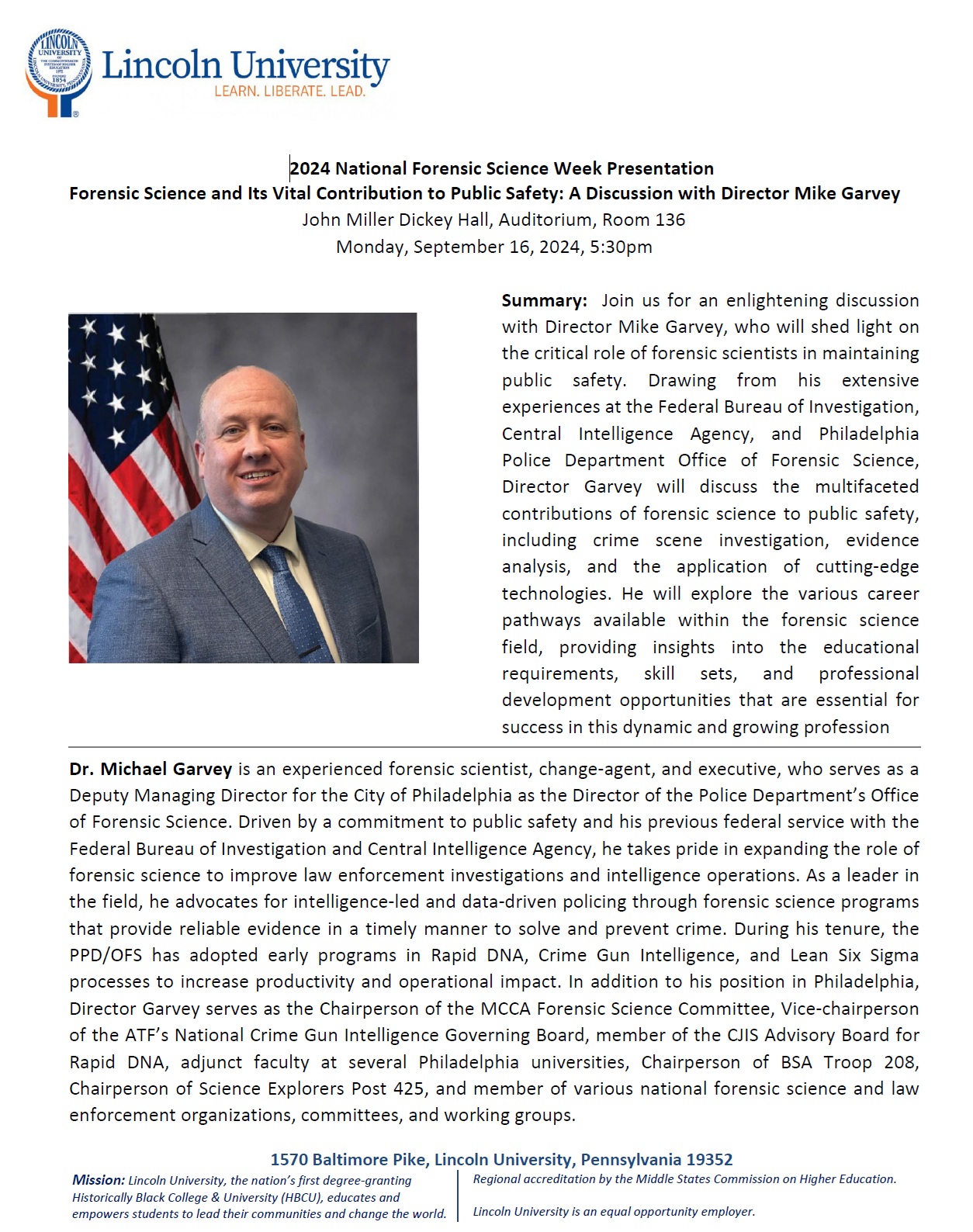
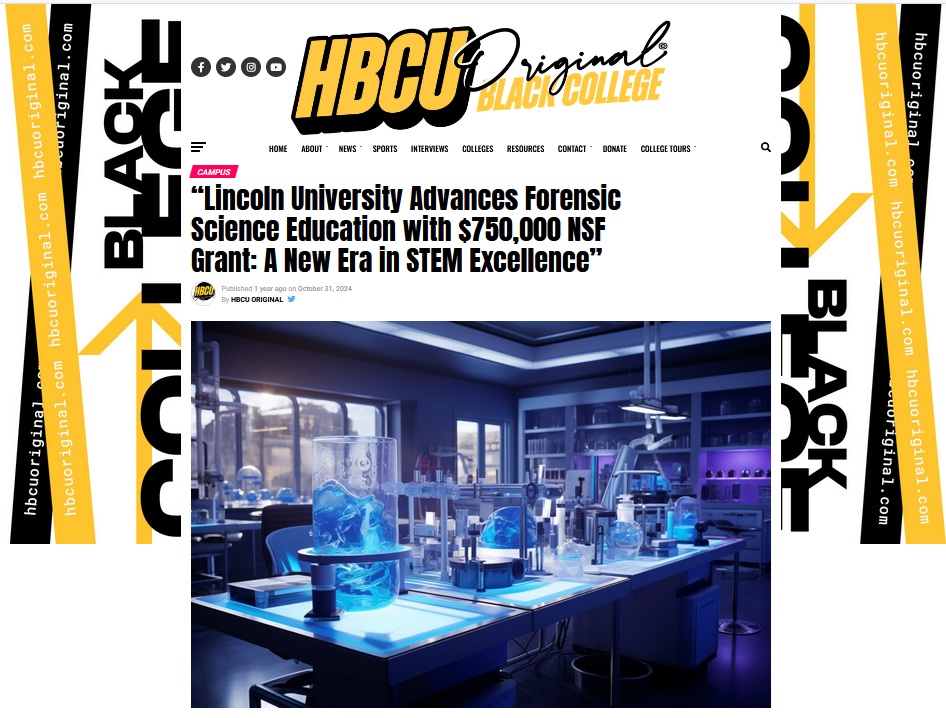
Lincoln University is taking a transformative step that’s sure to excite alumni, students, and supporters alike: a second $750,000 grant from the National Science Foundation has just been awarded to the HBCU Undergraduate Center for Forensic Science! This remarkable funding not only boosts Lincoln’s capabilities with state-of-the-art forensic equipment but also reaffirms its role as a trailblazer in forensic science education among HBCUs.
Lincoln University Students Visit Washington DC Office of the Chief Medical Examiner for Autopsy Viewing & Tour of State-of-the-Art Toxicology Laboratory (April 2023)
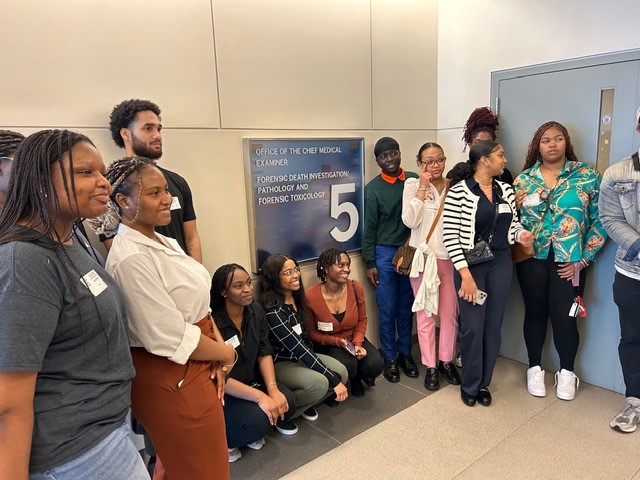
Oxford Police Share Training & Experience with Lincoln University Students (March 2024)
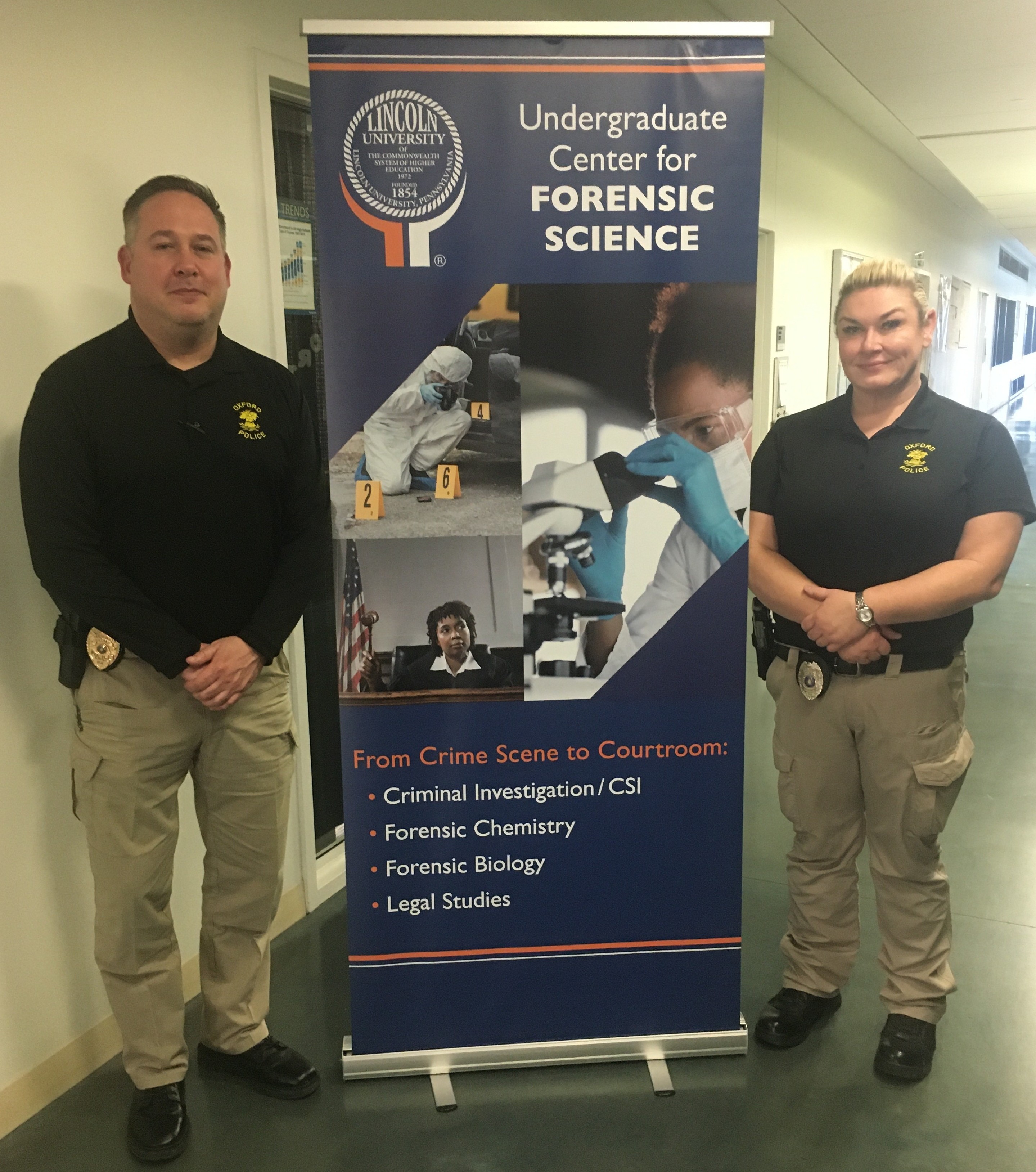
On March 20, 2024, OPD's Sergeant Chris Coverly and OfficerShakira Greer had the opportunity to provide their training & experience to students in the following classes.
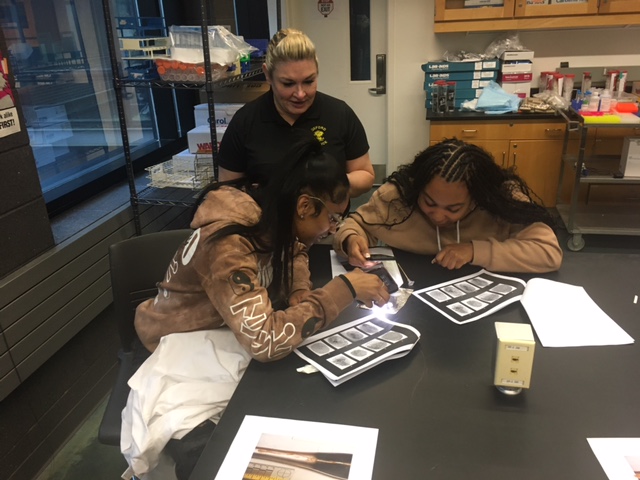
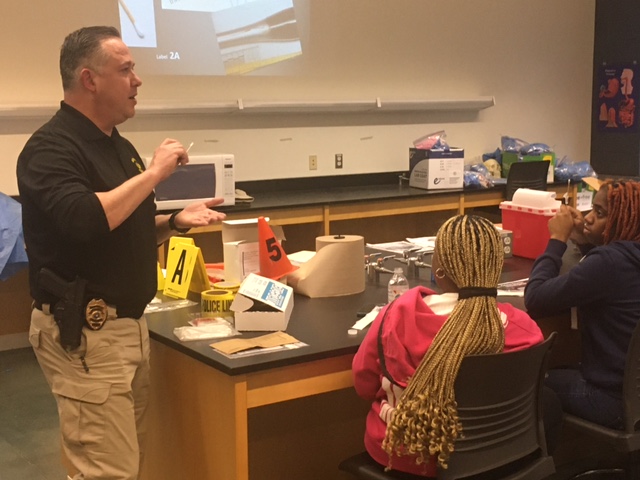
Lincoln University Awarded $400,000 NSF Grant (August 2023)